To the Delete Button
Up in the top right hand corner
of any keyboard
like a handle on a toilet,
you are maybe too much
of an improvement
on the back of the pencil,
on the bottle of Liquid Paper.
Delete Button you are
a wide kind of button
wider than the button
for any symbol
you might undo.
Like a brake pedal,
your width is sensible
and also like a brake pedal
frequency of use tends
to correspond to less
overall skill. "I can still
write just fine by hand,
thanks," say many writers,
and I say that too, and I am
fucking dreaming.
Delete Button, I never write
anything serious
without you. I touch you
more than any key
save the space bar. Shit,
I tap you like a cracked out lab rat.
I hold you down and watch you go,
watch you swallow
lumplessly! You amaze me.
Delete Button, I am pretty
sure you have
secretly retrained
the whole tapping clicking
word-processing
mob of all of us.
Right under our finger,
you have changed
literature like the pill
changed sex
like the stirrup changed
8th century horse warfare.
You are like a safety net
that is actually
a trampoline; we can try
so much more
because of you. And so we do.
Wiper-outer of
false starts, mulligan
manufacturer, reset button
on the gray Nintendo
[max high difficulty
cartridge of poetry],
creator of cool edgy
bad-mood holes, turner
of chicks into eggs;
what can't you unsay?
Typos, awkward
phrasings, all
of Shakespeare:
it's all the same to you.
A rooster, said Bly,
will scratch up
a Rembrandt
same as a newspaper
if it's left on the floor of its crate.
I stare at this analogy
and shake my head
and begin to reach for you,
as if you haven't
touched every line, every gesture.
To the Door to my Mother’s Bedroom
You are one
of thousands of doors
to mothers’ bedrooms
in thousands of identical floorplans
that were framed up on the outskirts of American cities
in the decades after World War II.
Neither of us are so special.
To you I came. At you I stopped,
an occasion for second thoughts.
You stood in the night like a guard
with crossed arms while I evaluated
my bad dream, my sore throat,
the noises of my father a floor below.
I'd take your dull brass knob
full of seriousness in my hand.
I’d lift the whole rectangle of you up
a fraction of an inch to keep
your bottom from scraping the floor.
I’d gulp and push and –
No, I’d abort, turn on heel, retreat down the hall.
Proud little devil. Fool.
Door to My Mother’s Bedroom,
I spent too much time wishing
that you were the door to my parents' bedroom.
But that just wasn't you.
In your defense, never once were you locked.
Never once did you swing closed in my face.
Behind you was a comfort
I didn’t want to need.
On both sides of you: aloneness, patterns, pride.
Door to no one’s room now,
chipped mute hollow panel, still bluish white
in the imperfect dark, how I regret
not walking through you
when there was someone alive behind you
able to solve any ill the night could invent.
Matthew Yeager’s poems have appeared in American Poetry Review, Academy of American Poets Poem-a-Day, Best American Poetry 2005 and 2010, and elsewhere. “A Big Ball of Foil in a Small NY Apartment,” his micro-budget short film, was an official selection at eleven film festivals in 2009-2010, picking up three awards. Other distinctions include the Barthelme Prize in short prose, multiple fellowships to MacDowell and Yaddo, and inclusion in Oprah Magazine’s “Greatest 50 Love Poems of All-Time.” The co-curator of the KGB Monday Night Poetry Series since 2011, Yeager’s first book, Like That, received a starred review from Publisher’s Weekly. His second book, Rocket Surgery, is forthcoming with NYQ books. He is married to the poet Chelsea Whitton, and they live with their two cats, Merle and Dolly, in Cincinnati, OH.
